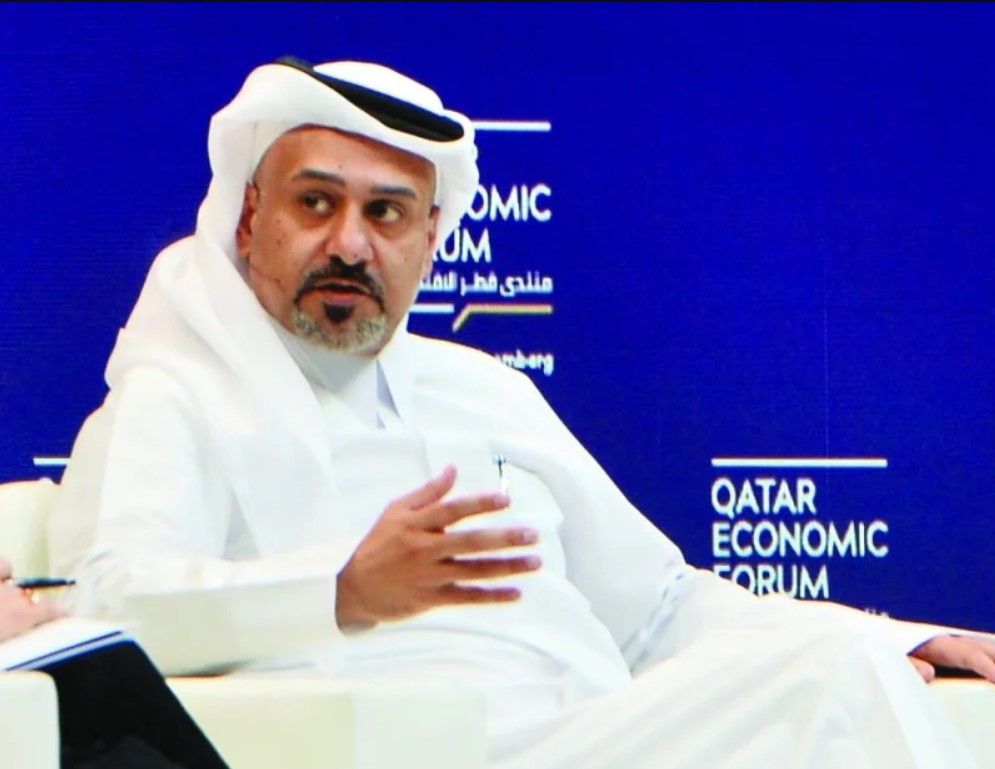The Qatar Financial Centre (QFC) is set to see tokenisation of the real estate class, in what could ensure more access and liquidity to the sector, which is reeling under oversupply, according to its top official.
“The first asset class that we would like to address is real estate, as there is a lot of oversupply in the market, and it also solves a significant problem,” QFC Authority chief executive officer Yousuf Mohamed al-Jaida told the second day of the Fifth Qatar Economic Forum, powered by Bloomberg.
The real estate industry is on the verge of a major transformation, supported by technology. The tokenisation leverages blockchain technology to create digital tokens representing ownership in real estate assets.
Real estate tokenisation is the process of converting the value of a physical property into digital tokens that can be bought, sold, or traded on a blockchain platform. Each token represents a fractional ownership stake in the property, allowing investors to participate in real estate markets without the need for substantial capital. This approach not only enhances accessibility to real estate investments but also improves liquidity and transparency within the market.
Highlighting the lack of access to this (realty) class, he said, looking at towers in the West Bay, Lusail or in any other areas in Qatar, a lot of such assets are owned by one or two or maximum three landlords and these are “significant” ticket sizes of minimum $500mn.
“So, tokenising a tower or two, I think, will do great good for the economy and a lot more access and liquidity to the real estate market,” al-Jaida said in one of the panel sessions ‘’Crypto & Digital Assets: Investing in the New Era.
The QFC last year launched its digital assets framework, a comprehensive and innovative regime for the creation and regulation of digital assets in the QFC, paving the way for companies to offer token services.
“Our entire focus, resources, and investments have gone towards tokenisation and the reason we have gone that route is that it solves a real problem we have in the economy,” he said, adding that democratising real assets such as securities or real estate helps drive the economy forward.
Quoting a research report of The Trading View, he said the real world assets (RWA) tokenisation is projected to become a $30tn market by 2030. The market for tokenised illiquid assets is projected to reach $16tn by 2030, he also said, quoting reports from Boston Consulting Group. “So, there has been a lot of focus on tokenisation,” al-Jaida said.
He said the development of the digital assets framework, which is one of the important goals established by the Third Financial Sector Strategic Plan, provides not only legal recognition of smart contracts but also establishes a legal and regulatory foundation for tokenisation, a key tool to protect sensitive data.
Besides tokenisation of real estate, al-Jaida said the QFC would also like to see Islamic securitisation through its corporate registration and securitised bonds, as well as energy infrastructure in the near future.
Source: gulf-times

